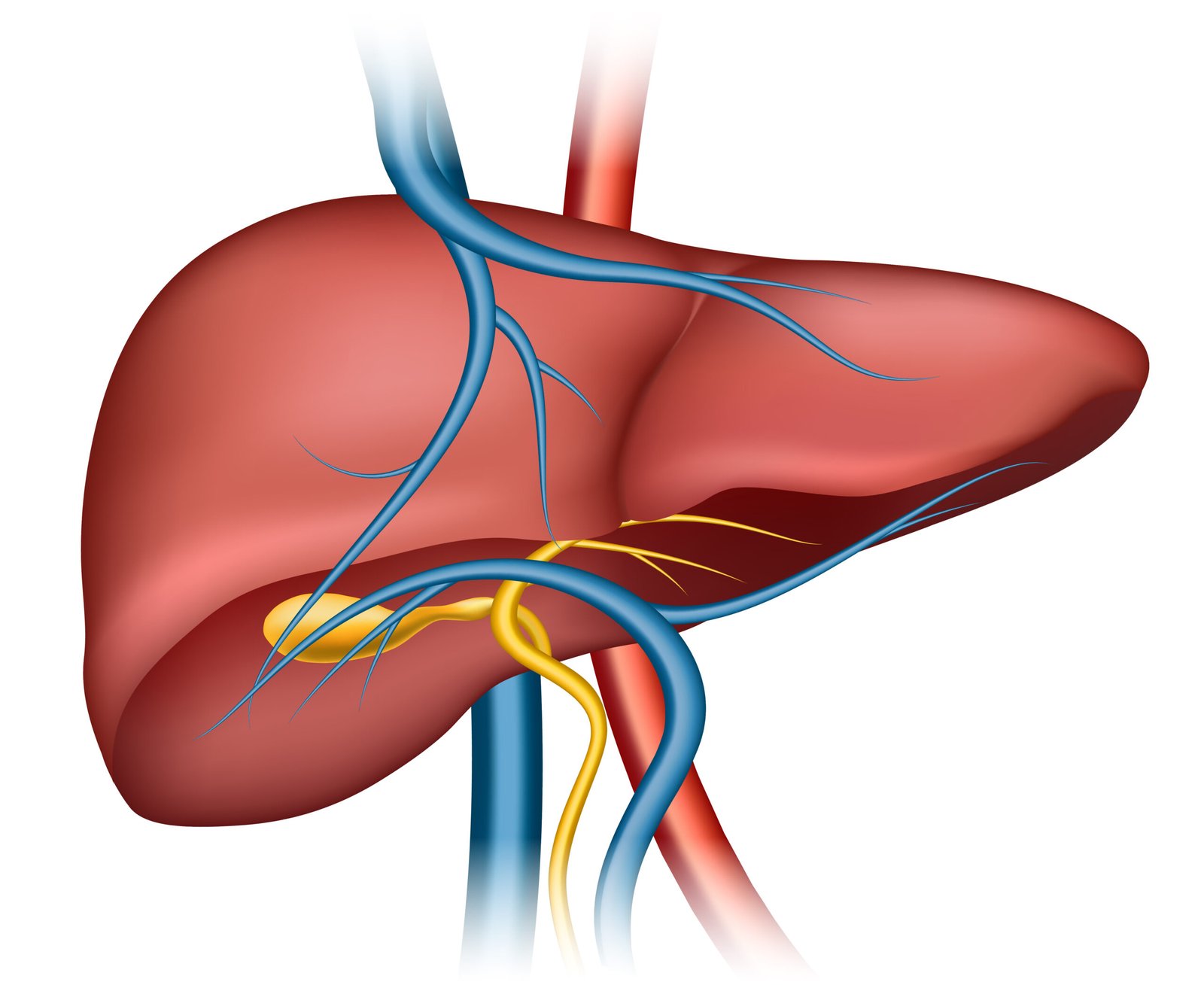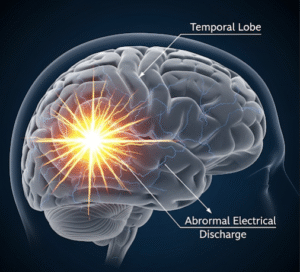Overview
Ascites is a medical condition characterized by the abnormal accumulation of fluid in the abdominal cavity. It is often a complication of serious underlying health issues such as liver cirrhosis, cancer, heart failure, or kidney disease. The condition may cause discomfort, breathing difficulty, and a distended abdomen, and it requires proper diagnosis and management.
What is Ascites?
Ascites occurs when excess fluid collects between the layers of tissue lining the abdomen and abdominal organs (the peritoneal cavity). This buildup may be caused by increased pressure in the liver’s blood vessels (portal hypertension), decreased albumin levels, or cancer metastasis. It is commonly associated with advanced liver disease but can also occur due to malignancies or infections such as tuberculosis.
There are two main types:
- Transudative Ascites – caused by systemic conditions like liver cirrhosis or heart failure.
- Exudative Ascites – often related to cancer, infection, or pancreatitis.
Symptoms
- Abdominal swelling and distention
- Weight gain without apparent cause
- Feeling of fullness or bloating
- Abdominal discomfort or pain
- Difficulty breathing (especially when lying down)
- Fatigue
- Decreased appetite
- Nausea or indigestion
In severe cases, it may lead to spontaneous bacterial peritonitis (SBP), a life-threatening infection.
Causes
- Liver cirrhosis (most common cause)
- Cancer (e.g., ovarian, gastrointestinal, or liver cancer)
- Heart failure
- Kidney failure or nephrotic syndrome
- Pancreatitis
- Tuberculosis of the peritoneum
- Blood clots in liver veins (Budd-Chiari syndrome)
- Severe malnutrition or protein loss
Risk Factors
- Chronic alcohol consumption
- Viral hepatitis (Hepatitis B or C)
- Obesity and non-alcoholic fatty liver disease (NAFLD)
- Cancer
- Long-term use of hepatotoxic medications
- Heart or kidney disease
- Tuberculosis (in endemic areas)
Complications
- Spontaneous bacterial peritonitis (SBP)
- Hepatorenal syndrome (kidney failure due to liver disease)
- Malnutrition due to poor appetite and protein loss
- Respiratory distress from pressure on the diaphragm
- Umbilical or inguinal hernia due to increased abdominal pressure
- Frequent hospitalizations if fluid buildup recurs
Prevention
- Avoid excessive alcohol consumption
- Get vaccinated against Hepatitis B
- Manage hepatitis B or C promptly
- Maintain a healthy weight and diet
- Control blood pressure and blood sugar
- Reduce salt intake
- Avoid nephrotoxic or hepatotoxic medications unless prescribed
Treatment Options in Korea
South Korea offers advanced diagnostic tools and specialized hepatology and oncology centers that treat ascites using evidence-based approaches, cutting-edge technology, and integrated care.
- Diagnosis
- Physical examination and medical history
- Ultrasound: Primary tool to detect fluid in the abdomen
- CT scan or MRI: To identify underlying causes like tumors
- Paracentesis: Fluid is removed via a needle and tested for infection, cancer, or other abnormalities
- Blood tests: To assess liver and kidney function, albumin levels, and infections
- Medication and Fluid Management
- Diuretics (e.g., spironolactone, furosemide) to remove excess fluid
- Salt restriction to prevent further fluid buildup
- Antibiotics for infections such as SBP
- Albumin infusions in severe protein loss cases
- Management of underlying disease (liver disease, heart failure, cancer)
- Procedures
- Paracentesis: Repeated drainage of ascitic fluid, especially in severe or refractory cases
- TIPS (Transjugular Intrahepatic Portosystemic Shunt): A procedure to reduce portal hypertension in cirrhosis patients
- Peritoneovenous shunt: Rarely used, it redirects fluid from the abdomen into the bloodstream
- Surgical and Cancer Treatment
- Surgery or chemotherapy for ascites caused by malignancy
- Peritoneal catheter for continuous drainage in chronic malignant ascites
- Liver Transplantation
- For patients with end-stage liver disease and recurrent ascites, liver transplantation is the definitive cure. Korean hospitals such as Asan Medical Center, Samsung Medical Center, and Severance Hospital have leading liver transplant programs.
- Nutritional Support and Lifestyle Counseling
- Dietitians provide customized low-sodium diets
- Supportive care for patients with cancer-related ascites
- Guidance on fluid intake, physical activity, and symptom monitoring













